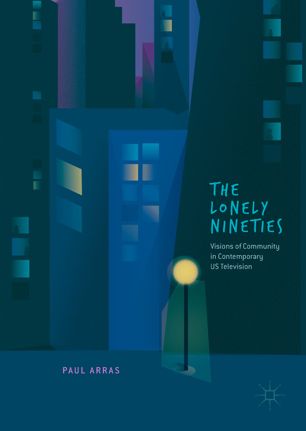

Most ebook files are in PDF format, so you can easily read them using various software such as Foxit Reader or directly on the Google Chrome browser.
Some ebook files are released by publishers in other formats such as .awz, .mobi, .epub, .fb2, etc. You may need to install specific software to read these formats on mobile/PC, such as Calibre.
Please read the tutorial at this link: https://ebookbell.com/faq
We offer FREE conversion to the popular formats you request; however, this may take some time. Therefore, right after payment, please email us, and we will try to provide the service as quickly as possible.
For some exceptional file formats or broken links (if any), please refrain from opening any disputes. Instead, email us first, and we will try to assist within a maximum of 6 hours.
EbookBell Team

5.0
38 reviewsThis book examines the most popular American television shows of the nineties—a decade at the last gasp of network television’s cultural dominance. At a time when American culture seemed increasingly fragmented, television still offered something close to a site of national consensus. The Lonely Nineties focuses on a different set of popular nineties television shows in each chapter and provides an in-depth reading of scenes, characters or episodes that articulate the overarching “ideology” of each series. It ultimately argues that television shows such as Seinfeld, Friends, Law & Order and The Simpsons helped to shape the ways Americans thought about themselves in relation to their friends, families, localities, and nation. It demonstrates how these shows engaged with a variety of problems in American civic life, responded to the social isolation of the age, and occasionally imagined improvements for community in America.